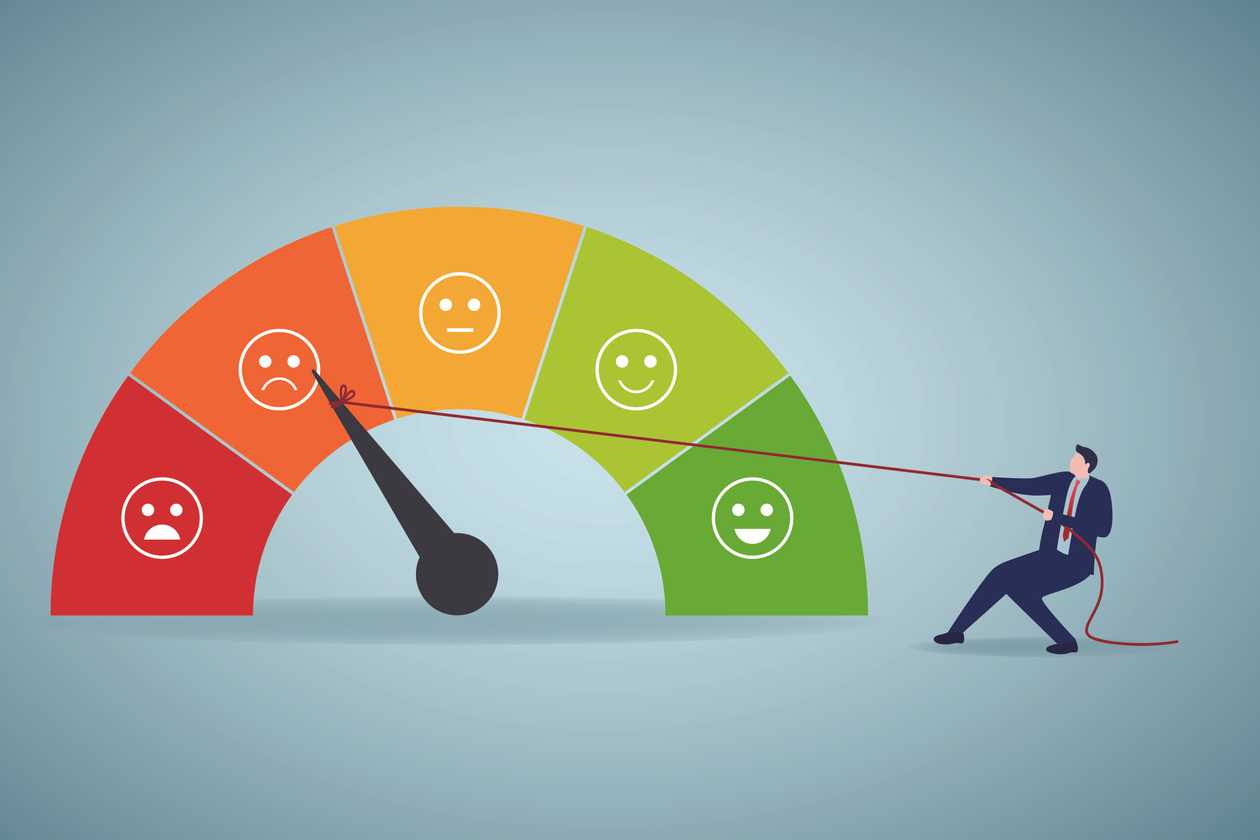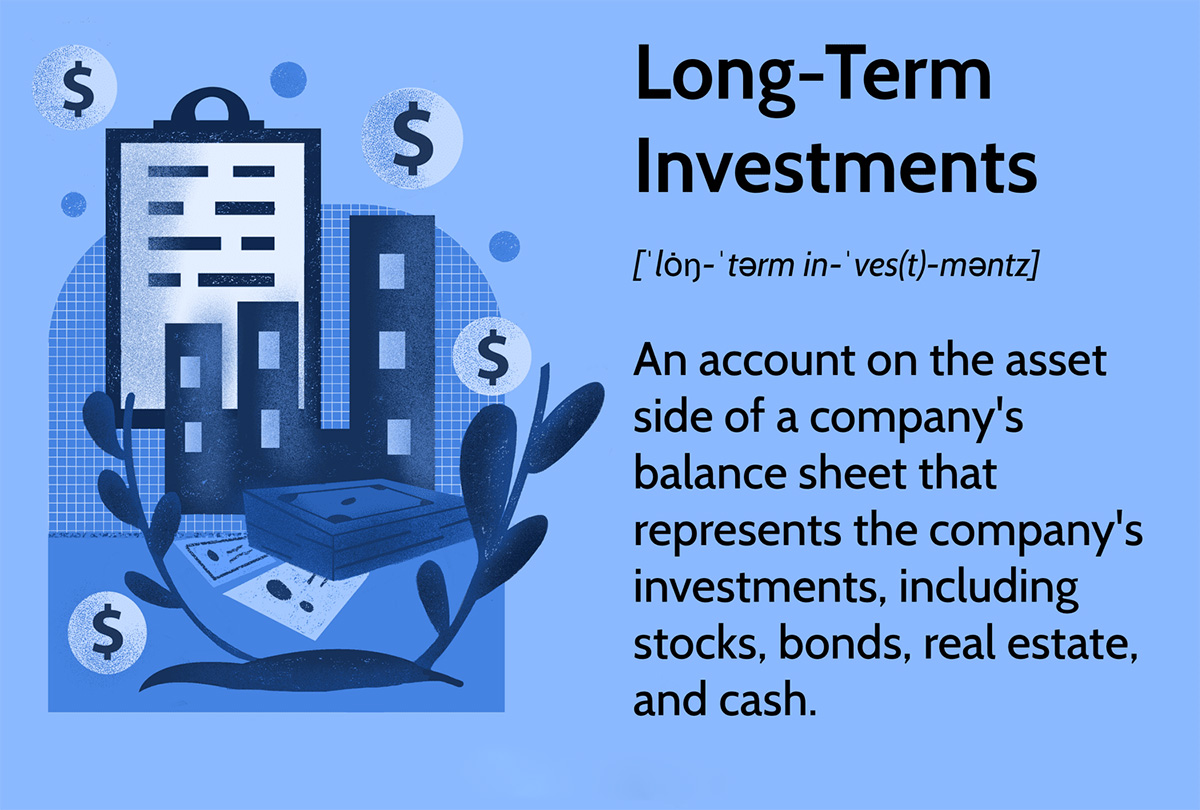

Finance
How Much Will A Car Loan Raise My Credit Score
Modified: March 6, 2024
Learn how a car loan can impact your credit score and improve your financial standing. Find out how to finance your dream car and boost your credit score.
(Many of the links in this article redirect to a specific reviewed product. Your purchase of these products through affiliate links helps to generate commission for LiveWell, at no extra cost. Learn more)
Table of Contents
Introduction
When considering a car loan, one common concern is how it will impact your credit score. Your credit score is a crucial factor that lenders use to determine your creditworthiness and eligibility for loans. Therefore, understanding the relationship between car loans and credit scores is essential.
A credit score is a numerical representation of your creditworthiness and financial health. It is calculated using various factors, including payment history, credit utilization, length of credit history, types of credit, and new credit inquiries. Typically, credit scores range from 300 to 850, with a higher score indicating better creditworthiness.
Car loans can have both positive and negative effects on your credit score. On one hand, responsibly managing a car loan can demonstrate your ability to handle credit and make timely payments, positively impacting your credit history and potentially boosting your score. On the other hand, if you miss payments or default on the loan, it can damage your credit score.
It’s important to understand that the impact of a car loan on your credit score is not a one-size-fits-all situation. The effect will depend on various factors, such as your current credit score, credit history, the size of the loan, and how well you manage it.
In this article, we will delve deeper into the relationship between car loans and credit scores, exploring the factors that can affect this relationship. We will also provide insights into how much a car loan can potentially raise your credit score and offer some additional considerations to keep in mind when it comes to car loans and credit scores.
Understanding Credit Scores
Before delving into the impact of car loans on credit scores, it’s essential to have a basic understanding of how credit scores are calculated and what they represent.
A credit score is a three-digit number that helps lenders assess the risk of lending money to an individual. It provides a snapshot of an individual’s creditworthiness based on their previous financial behavior.
The most widely used credit scoring model is the FICO score, which ranges from 300 to 850. The higher the score, the better the creditworthiness. Another scoring model is the VantageScore, which also ranges from 300 to 850.
Credit scores are calculated using various factors:
- Payment History: The most significant factor is your history of making payments on time. Late payments or defaults can have a negative impact.
- Credit Utilization: This refers to the amount of credit you have used compared to your total credit limit. Keeping your credit utilization below 30% is generally recommended.
- Length of Credit History: The longer your credit history, the more data lenders have to assess your creditworthiness.
- Types of Credit: A diverse mix of credit accounts, such as credit cards, loans, and mortgages, can positively impact your credit score.
- New Credit Inquiries: Applying for multiple loans or credit cards within a short period can negatively affect your credit score.
It’s important to note that different lenders and credit bureaus may use slightly different scoring models or have their own proprietary models. Nevertheless, the core principles remain the same.
Understanding your credit score is essential because it is a vital factor in determining your eligibility for loans, credit cards, mortgages, and other forms of credit. It also affects the interest rates you may qualify for. A higher credit score typically results in better loan terms and lower interest rates.
Now that we have established the fundamentals of credit scores, let’s explore how car loans can impact them.
Impact of Car Loans on Credit Scores
Car loans can have both positive and negative impacts on your credit scores, depending on how you manage them. Here’s a closer look at how car loans can affect your credit score:
1. Payment History: Making timely payments on your car loan is crucial for maintaining a positive credit score. Consistently paying your car loan on time demonstrates responsible borrowing and can help improve your credit history. However, if you miss any payments or make late payments, it can negatively impact your credit score.
2. Credit Mix: Having a diverse mix of credit accounts, such as credit cards, a mortgage, and a car loan, can positively impact your credit score. A car loan adds to the variety of credit types you have, which shows lenders that you can effectively manage different types of debt.
3. Credit Utilization: Car loans don’t directly impact your credit utilization ratio since they are installment loans with fixed repayments. Credit utilization is more relevant to revolving credit, like credit cards, where you have a credit limit that you can utilize. However, taking on a new car loan can impact your overall debt load, which indirectly affects your credit utilization ratio.
4. Credit Inquiries: When you apply for a car loan, the lender will typically perform a hard inquiry, which can temporarily lower your credit score. However, the impact is usually minimal and short-lived. It’s important to be mindful of the number of loan applications you make within a short period, as multiple inquiries can have a more significant impact on your credit score.
5. Credit History Length: If you’re new to credit or have a limited credit history, taking on a car loan can help establish a positive credit history. Building a longer credit history by responsibly managing a car loan can contribute to a higher credit score in the long run.
Remember that the impact of a car loan on your credit score can vary depending on your individual financial situation and how well you manage your loan. Making all your payments on time and keeping your overall debt load in check are essential for maintaining a positive credit score throughout the life of the car loan.
Factors Affecting the Impact of Car Loans on Credit Scores
While car loans can have an impact on credit scores, the extent of that impact depends on several factors. Understanding these factors can help you navigate the relationship between car loans and credit scores more effectively. Here are some key factors that can influence the impact of car loans on credit scores:
1. Payment History: The most significant factor that affects your credit score is your payment history. Consistently making on-time payments on your car loan will have a positive impact on your credit score. However, missing payments or defaulting on the loan can severely damage your credit score.
2. Credit Utilization: While car loans are not directly tied to your credit utilization ratio, they can indirectly impact it. Taking on a new car loan increases your overall debt load, which can impact your credit utilization if you have other revolving credit accounts, such as credit cards. It is important to maintain a low credit utilization ratio to positively impact your credit score.
3. Loan Amount and Term: The size of your car loan and the length of the loan term can also influence the impact on your credit score. Taking on a larger loan may increase your debt-to-income ratio, which can negatively affect your creditworthiness. Additionally, a longer loan term means a more extended period of financial commitment, and any missed payments or defaults will have a more significant impact on your credit score.
4. Credit History: Your credit history plays a role in determining the impact of taking out a car loan on your credit score. If you have a long and positive credit history, the impact may be less significant. However, if you have a limited credit history or a history of missed payments or defaults, the impact on your credit score may be more pronounced.
5. Other Credit Accounts: Your overall credit profile also matters. If you have a good mix of credit accounts, such as credit cards and other installment loans, and manage them responsibly, adding a car loan can have a positive impact on your credit score. However, if you have a limited credit history or a high number of outstanding debts, the impact may be different.
It’s important to remember that the impact of a car loan on your credit score is not solely determined by the loan itself. Your overall financial behavior and how you manage all your credit accounts will also play a significant role.
By understanding these factors, you can make informed decisions about taking on a car loan and manage your finances effectively to minimize any negative impact on your credit score.
How Much will a Car Loan Raise my Credit Score?
The impact that a car loan can have on your credit score depends on various factors, and there is no fixed answer to how much it will raise your credit score. However, responsibly managing a car loan can potentially have a positive effect on your credit score. Here are some considerations to keep in mind:
1. Payment History: Making timely payments on your car loan and avoiding any late or missed payments is crucial for boosting your credit score. Consistent on-time payments demonstrate responsible borrowing and can contribute to an increase in your credit score over time.
2. Credit Mix: Having a diverse mix of credit accounts can positively impact your credit score, and a car loan can add to that diversity. If you have a limited credit history or a small number of accounts, adding a car loan can help improve your credit mix and potentially raise your credit score.
3. Credit Utilization: While car loans don’t directly influence your credit utilization ratio, they can indirectly impact it. By taking on a car loan, you increase your overall debt load. However, if you keep your credit card balances low and maintain a low credit utilization ratio, this can offset any negative impact and potentially raise your credit score.
4. Credit History Length: If you have a short credit history, adding a car loan and consistently making on-time payments can help build a positive credit history over time. A longer credit history contributes to a stronger credit score, and responsibly managing a car loan can contribute to an increase in your credit score.
5. Other Factors: It’s important to note that the impact of a car loan on your credit score is influenced by other factors, such as your existing credit score, credit history, and overall financial behavior. The impact may vary from person to person.
It’s also important to consider that any increase in your credit score may not be immediate. It takes time to build a positive payment history and demonstrate responsible borrowing. Patience and consistency in making on-time payments are key to seeing the positive effects on your credit score.
Ultimately, the impact of a car loan on your credit score is just one factor to consider when deciding whether to take on the loan. It’s important to weigh the benefits and potential impact on your credit against your financial goals and ability to comfortably manage the loan.
Other Considerations for Car Loans and Credit Scores
While understanding the impact of car loans on credit scores is important, there are additional factors and considerations to keep in mind when it comes to car loans and their impact on your overall financial health. Here are some key considerations:
1. Credit Inquiries: When applying for a car loan, the lender will typically run a hard inquiry on your credit report. Multiple hard inquiries within a short period can temporarily lower your credit score. It’s advisable to limit the number of loan applications to minimize the impact on your credit score.
2. Loan Shopping: When shopping for a car loan, it’s beneficial to compare rates and terms from different lenders. However, it’s important to do so within a specific timeframe to minimize the impact on your credit score. Credit scoring models typically group multiple loan inquiries made within a short period (14 to 45 days) as a single inquiry, distinguishing them from general credit-seeking behavior.
3. Loan Repayment: Consistently making on-time payments on your car loan is crucial not only for maintaining a positive credit score but also for avoiding late fees and potential default. It’s essential to budget accordingly and prioritize loan payments to ensure timely repayment.
4. Length of Loan Term: While longer loan terms may offer lower monthly payments, it is important to consider their impact on your credit score and overall financial health. Longer loan terms mean a longer commitment and more interest paid over time. Shorter loan terms may result in higher monthly payments but allow you to pay off the loan sooner and potentially save on interest.
5. Paying off the Loan Early: If you have the means to do so, paying off your car loan early can provide financial benefits. It can save you money on interest and potentially improve your credit score by lowering your overall debt load. However, it’s important to review the terms of your loan and any potential fees associated with early repayment before making this decision.
6. Credit Monitoring: Keeping a close eye on your credit report and utilizing credit monitoring services can help you stay informed about changes to your credit score. Monitoring your credit allows you to detect any errors or discrepancies that may negatively impact your score and take steps to rectify them promptly.
It’s crucial to remember that while a car loan can impact your credit score, it is just one component of your overall credit profile. Responsible financial management, on-time payments, and maintaining a diverse mix of credit accounts are key to building and maintaining a strong credit history.
Lastly, seek guidance from financial professionals or credit counseling services if you are facing challenges in managing your car loan or maintaining a positive credit score. They can provide personalized advice based on your individual circumstances and help you navigate any difficulties you may encounter along the way.
Conclusion
Understanding the relationship between car loans and credit scores is essential for anyone considering financing a vehicle. While car loans can impact credit scores, the extent of the impact depends on various factors, including payment history, credit utilization, credit mix, credit history length, and other borrowing behavior.
When managed responsibly, a car loan can have a positive impact on your credit score. Making timely payments, maintaining a low credit utilization ratio, diversifying your credit mix, and building a positive credit history all contribute to improving your creditworthiness over time.
However, it’s important to be mindful of potential challenges, such as missed payments, defaults, and excessive new credit inquiries, which can negatively affect your credit score. Careful budgeting, loan shopping within a specific timeframe, and taking on a loan term that aligns with your financial goals are crucial for managing your car loan effectively.
Remember that a car loan is just one component of your overall credit profile. Other factors, such as credit card usage, mortgage payments, and personal loans, also contribute to your credit score. Maintaining responsible borrowing habits across all accounts is key to achieving and maintaining a healthy credit score.
As you navigate the journey of car ownership and credit scores, it’s important to remain proactive and monitor your credit regularly. Keeping track of your credit report, disputing any errors, and seeking guidance when needed can help you stay on top of your financial health.
In conclusion, a car loan can have both positive and negative impacts on your credit score. By understanding the factors that affect the impact, managing your loan responsibly, and incorporating good financial habits, you can enhance your creditworthiness and use the car loan as a stepping stone towards achieving your financial goals.














